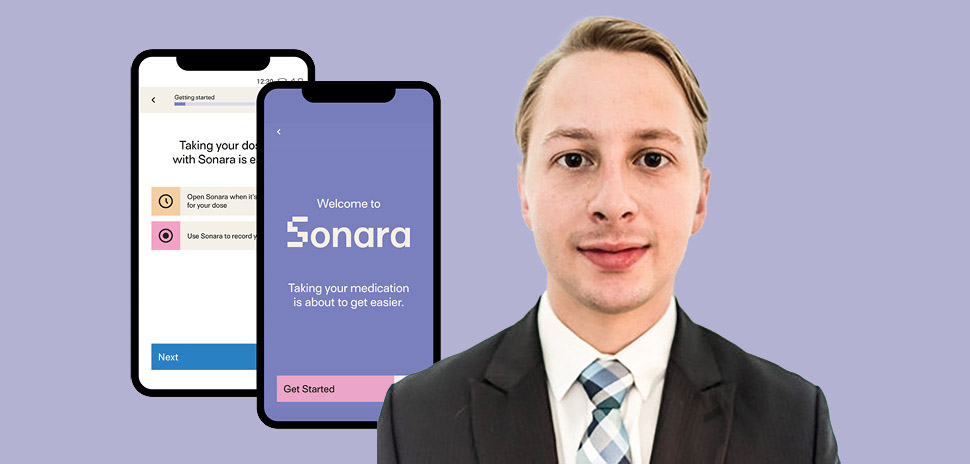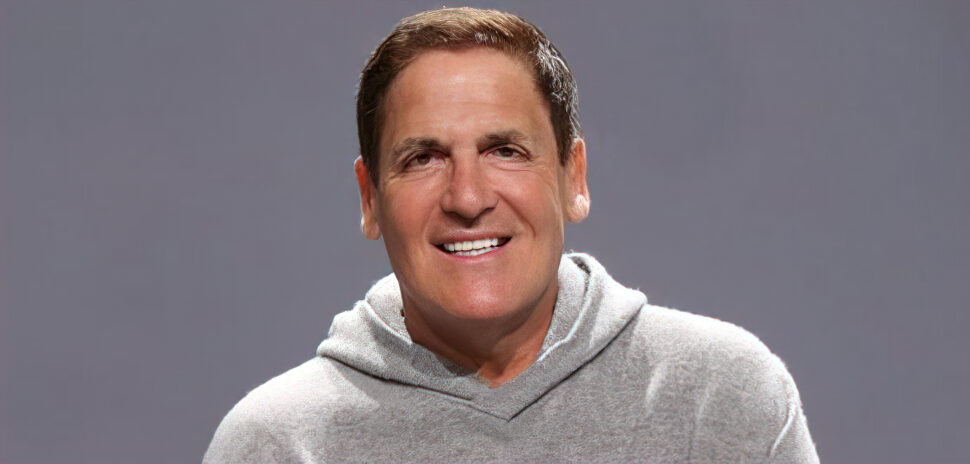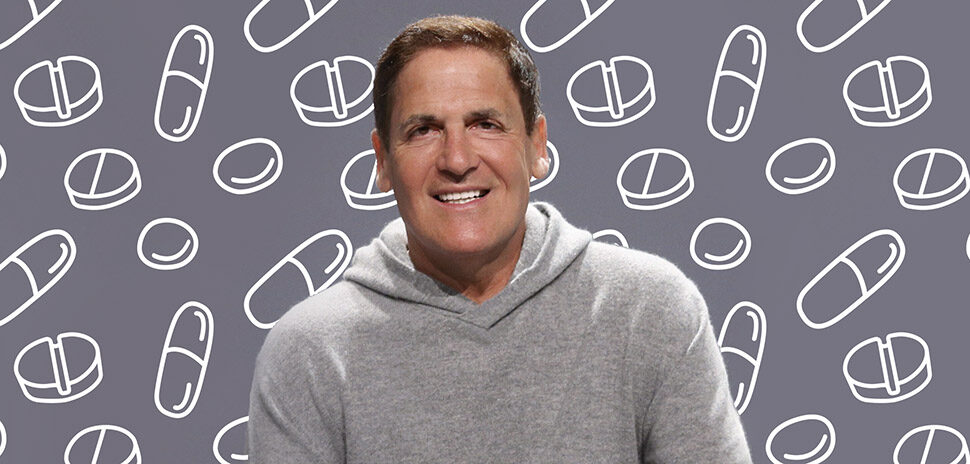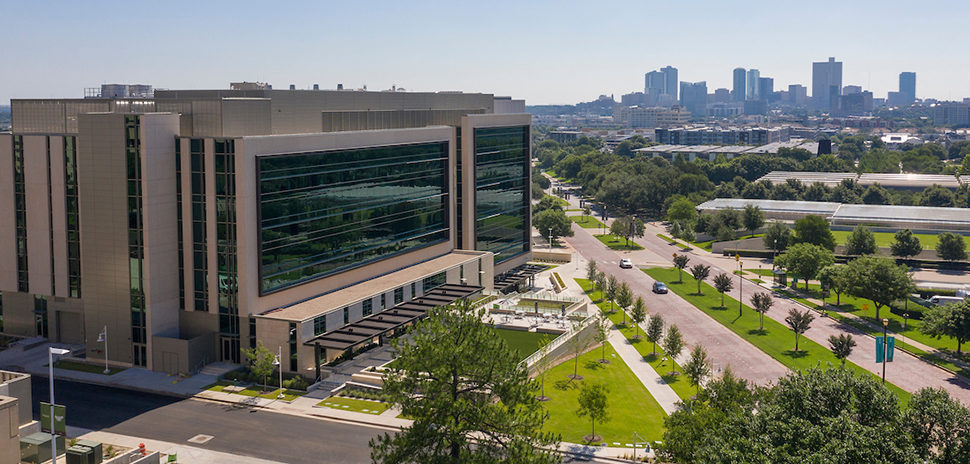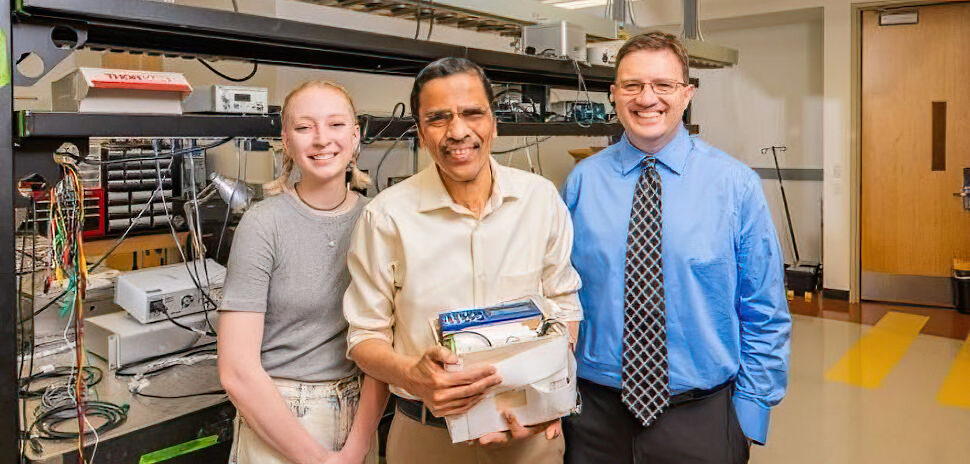Dallas startup Sonara Health calls the use of opioid across the country a “crisis” and “epidemic.” After seeing the problems first hand, the company’s CEO Dr. Michael Giles set off to find a solution.
Securing a patent last month, the Dallas-based startup has landed a $3 million seed round to help it expand the use of its medication monitoring system, in the hopes of building more trust between patients and clinics and making treatment more readily accessible.
“We want to end the opioid epidemic and save lives,” the landing page of Sonara’s website concisely states.
Increasing access to recovery care
For many seeking methadone—one of the more common treatments for opioid addiction—the process requires daily visits and often long wait times to take the medication in person, which can lead to missed appointments and relapses. It’s a problem Giles encountered at a methadone clinic while working on his residency rotations at UT Southwestern Medical Center.
“In a world where we send billionaires to space in reusable rockets, I thought we ought to be able to create a solution that helps patients with opioid use disorder to get their daily medication in a way that does not disrupt their daily lives, all while preserving the safety and efficacy of a proven delivery system,” Giles said last month, after receiving a U.S. patent.
To help solve that problem, Sonara Health has developed a two-prong solution. To enable methadone to be taken at home, the startup’s monitoring system includes a tamper-evident medication bottle. A patient scans a QR code on the bottle that is voided once scanned and the bottle is destroyed once used.
The patient then uploads the video of them scanning the label and taking the medication on Sonara’s telehealth app, allowing it to be reviewed asynchronously for proper medication handling. The company says the ultimate goal is to remove barriers to in-person access to methadone, enabling people with jobs or childcare duties to pursue their responsibilities without interruption. At the same time, this will help patients get access to the medication more quickly, helping them stay on track with their recovery goals.
“We receive messages from patients all the time letting us know that we have made their lives easier to stay on course with their recovery. Those notes keep us going,” Giles said in a statement.
Funding adds to backing by Mark Cuban
Launched in 2020, Sonara conducted preliminary market research with Oregon Health & Science University and Stanford University earlier this year and has begun working with opioid treatment programs in California, Massachusetts, Oregon, and Oklahoma, the company said. New partnerships in New Mexico are in the works.
Sonara’s new seed funding round was led by First Trust Capital Partners and Blue Cross Blue Shield of Kansas. Building on previous backing—some of which came from Mark Cuban—the company says it has raised a total of $5 million for its solution.
Sonara Health currently lists nine employees on its website.
With the new funding, Sonara said it plans to continue to build out its platform, in addition to partnering with more opioid treatment programs, with the mission of helping “more people on their path to recovery.”
“By increasing access to care for patients, reimbursement for clinics, and savings for payors, our platform will revolutionize the delivery of opioid addiction care,” Sonara writes on the Mark Cuban Companies’ website.
![]()
Get on the list.
Dallas Innovates, every day.
Sign up to keep your eye on what’s new and next in Dallas-Fort Worth, every day.

